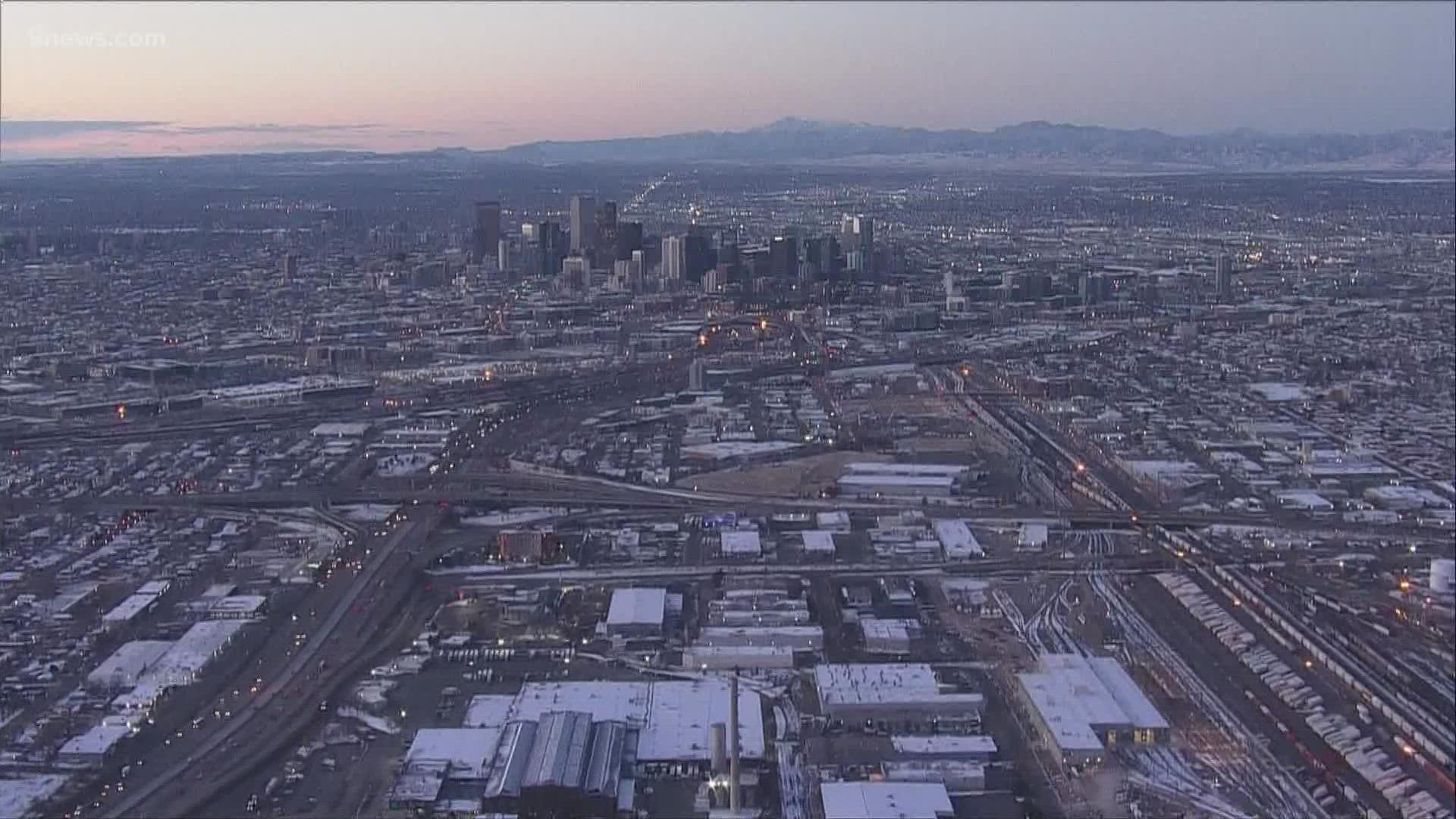DENVER — The number of people experiencing homelessness in the Denver metro area has gone up during the pandemic. A new report found a significant increase in first-time shelter stays.
The Metro Denver Homeless Initiative (MDHI) conducted a second annual survey to help understand homelessness in the seven-county region. The report shows how COVID-19 impacted the issue.
To get that data, MDHI compared numbers from a day in 2020 to a day in 2021. The group found there was a 40% increase in people accessing emergency shelter, and a 99% increase in newly homeless people staying in a shelter.
"It is about people being unable to afford housing in our region, being unable to sustain housing in our region," said Jamie Rife, Executive Director of MDHI. "So really what we need to be able to do is create a full response or continuum of resources."
According to the report, access to affordable housing and services are critical to addressing homelessness. MDHI found the affordability of housing plummeted further in the metro Denver region compared to the rest of the state.
"As we look at rental prices and the cost of real estate, we know this is a huge issue and it keeps rising," she said. "It is something we are going to have to address if we want to meaningfully impact homelessness."
On Monday, most beds were full at Denver Rescue Mission's 24/7 shelter on 48th Avenue. The pandemic pushed the organization to add 200 beds to meet demand.
"We have individuals that can't afford the housing and have individuals that lost jobs during the pandemic," said Tracy Brooks, VP of Homelessness Resolution at Denver Rescue Mission. "Just a combination of issues have increased our numbers."
At the beginning of the pandemic, the city and service providers operated a temporary shelter in the National Western Complex and operated hundreds of beds out of there. After two years, the need for a temporary place to stay isn't going away.
"We saw 300 more people in February this year that were new to homelessness than we did last year," Brooks said. "Our hope is that if people are experiencing homelessness that they are coming inside, because we want to connect them to housing."
Denver Rescue Mission added case management workers at their shelters to help connect people to employment services and help them find more permanent housing. They believe it's working because they've housed more people in the last six months than they have year over year.
Traditionally, the area gets a snapshot of the state of homelessness during a count that happens one night during the last 10 days of January. For this annual report, MDHI shared a more holistic number.
"On a given night we might find about 6,000 people experiencing homelessness like we did in 2020," Rife said. "What we see over the course of a year is about five times more people experiencing homelessness."
According to MDHI, there is a gross overrepresentation of Black/African-Americans, American Indian/Alaska Native, and Native Hawaiian/Pacific Islanders experiencing homelessness versus their representation in the general population.
SUGGESTED VIDEOS: Latest from 9NEWS

